
As Major League Baseball’s offseason timeline continues to unfold, today represents a key checkpoint for organizations around the league. It is the official deadline for teams to determine what they will do with both player options and club options written into their existing contracts. These decisions often lead to surprising roster moves, and this year is no exception.
Some teams choose to retain players to lock in roster stability, while others decline options to create payroll flexibility or open roster spaces for younger talent. For the Atlanta Braves, who are deep into the process of shaping their roster for the 2026 season, the front office wasted no time making impactful decisions.

Earlier in the day, the Braves made news by declining or exercising contract options involving pitchers Pierce Johnson and Tyler Kinley—moves that many fans and analysts regarded as unexpected or at least intriguing. Specifically, the choices made about those two relievers sparked conversation about how the Braves will structure their bullpen going forward.
However, one decision stands apart from the rest as the most obvious and most predictable move Atlanta could have made. The organization will be declining an $8 million team option on utility player David Fletcher, who also experimented with pitching.
More: Braves to cut ties with 4 veteran players to free agency
The news was first shared by Mark Bowman of MLB.com. While Bowman did not publish a formal article about it, he made the announcement casually as part of a thread on social media, confirming that the Braves have no intention of exercising Fletcher’s club option for next season. In other words, Fletcher will not be returning to Atlanta under that contract figure.

This decision—declining the option—required virtually no debate or internal deliberation. It was, as many within baseball might say, “a slam dunk.” David Fletcher’s time with the Atlanta Braves has been uneventful on the major league side and even somewhat puzzling when viewed within the broader picture of roster construction. In the entirety of the 2024 season, Fletcher appeared in only five games for Atlanta’s major league club. After that brief stint, he spent the entire 2025 campaign in the minor leagues, working primarily with the Triple-A Gwinnett Stripers and spending an additional stretch of time with Atlanta’s Double-A affiliate, the Columbus Clingstones.
More: Cardinals’ starting pitcher named as top trade candidate for Atlanta Braves
During his time in the minors, the Braves attempted something unconventional with Fletcher. Instead of using him only as a versatile infielder—his traditional role—the organization tested him as a two-way player, allowing him to pitch. The experiment generated mild curiosity among fans and media members, especially given that baseball has seen a recent influx of two-way players following the success of Shohei Ohtani.

However, Fletcher’s journey into pitching never gained traction or produced successful results. In 2024, while attempting to transition into a pitching role, he threw 100 innings across minor league levels. Unfortunately, those innings were marked by significant struggles. He finished with a 6.39 ERA (earned run average), indicating that opponents consistently hit him hard and scored frequently against him. His FIP (Fielding Independent Pitching) was also high at 5.92, suggesting that the struggles weren’t simply a product of bad luck or defensive miscues behind him—his underlying pitching performance just wasn’t effective.
More: Phillies go all in, land $6M Orioles catcher, ending JT Realmuto talks
The experiment didn’t gain momentum in 2025 either. Fletcher pitched just one inning all season for Gwinnett, and after that, there appeared to be no further interest from the organization in continuing to use him as a pitcher. That lone inning symbolized the quiet end of the Braves’ effort to mold him into a dual-role player.
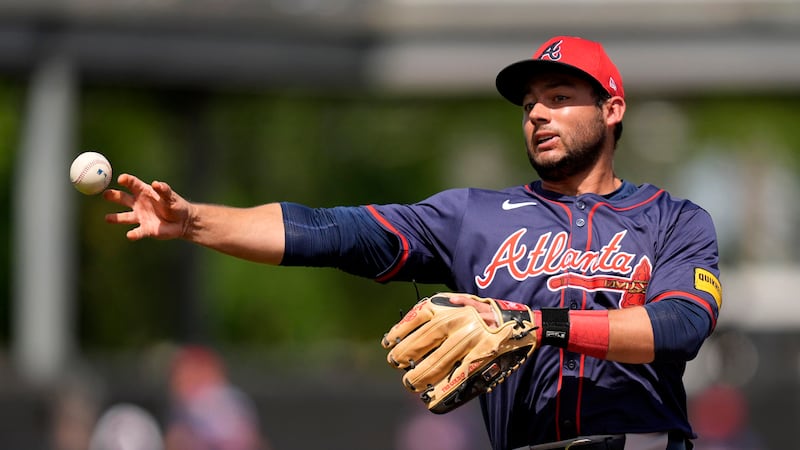
Even when looking strictly at Fletcher as a position player—a role he had excelled at earlier in his career with the Los Angeles Angels—his offensive numbers with the Braves organization were underwhelming. In the minors this past season, he recorded a slash line of .185/.233/.258, meaning he hit .185, reached base at a .233 clip, and posted a .258 slugging percentage. Those figures are far below league average and indicate persistent difficulties generating offense.
Advanced analytics support those conclusions as well. He posted a .229 weighted on-base average (wOBA) and a 34 weighted runs created plus (wRC+). A wRC+ score of 100 is considered league average, so Fletcher’s mark of 34 shows that his production was significantly below average and one of the weakest among minor league hitters receiving consistent playing time. He did produce three home runs, but the occasional flash of power did not compensate for his overall inability to hit consistently or reach base.
More: Mets officially confirmed another big-league deal
Fletcher has always carried a reputation for being a capable defender. Throughout his major league career, he has displayed good instincts on the infield, particularly at second base, where his quickness and glove work stand out. He has also shown versatility, playing multiple infield positions when needed. But defensive strengths alone could not justify retaining him when his offensive contributions were nearly nonexistent. Baseball at the highest level demands balance, and teams cannot afford to devote roster spots to players who are liabilities in the batter’s box, especially when they are not producing in other areas either.

Financial considerations add even more clarity to Atlanta’s decision. Over the past two seasons, Fletcher earned approximately $6.5 million while playing in the Braves’ organization—an amount that certainly benefited him personally but did not yield an equivalent return for the team. Paying that much money for a player spending almost all of his time in the minor leagues is not sustainable for a franchise aiming to maximize value across its roster.
Exercising his $8 million club option would have meant committing another significant sum to a player who clearly was not part of the organization’s long-term plans. By declining the option, Atlanta frees up that money and can now allocate those resources toward areas of greater need—perhaps reinforcing the bullpen, securing depth on the bench, or even pursuing a player who can contribute immediately at the major league level.
Fletcher will now become a free agent. It is possible that another team might offer him a minor league contract or take a chance on his defensive abilities or potential pitching development, but the Braves have officially moved on.
More: ‘Welcome to San Francisco” Giants officially make perfect reunion
In addition to the Fletcher decision, it has been an active day for Atlanta’s front office in terms of roster shuffling. The Braves also made several moves involving their 40-man roster, outrighting four players—Austin Cox, Joel Payamps, Chuckie Robinson, and Carlos D. Rodriguez—to Triple-A Gwinnett. When a player is outrighted, it means the team removes the player from the 40-man roster and exposes him to waivers. If no other club claims him, he is then assigned outright to the minor leagues. By clearing these players from the 40-man roster, the Braves open spots for future acquisitions via free agency, trades, or internal promotions of prospects.
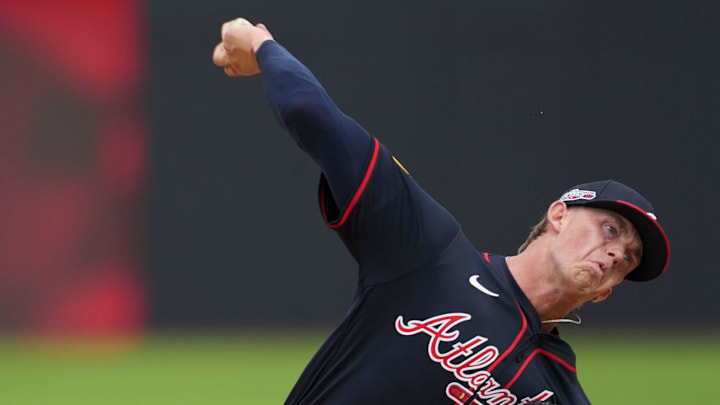
These moves are part of the natural transition that happens during the offseason, especially during the roster deadline period. Organizations use this day to refine their 40-man roster ahead of free agency and before protecting prospects from the Rule 5 Draft. For a contending team like Atlanta—an organization routinely focused on competing for postseason runs—every roster spot matters.
More: Reds officially cut ties with 3 players
While many fans may only pay attention to splashy free-agent moves or blockbuster trades, the subtle decisions—such as declining options or outrighting players—shape the backend of a roster and create flexibility. Clearing space makes it easier for a team to strike quickly when an opportunity arises. Whether the Braves target bullpen help, bench bats, or additional starting pitching depth, they now have both money and roster space to maneuver.
As the offseason progresses, more decisions will follow. But for today, declining David Fletcher’s option stands as one of the simplest—and most logical—moves the Braves could make.
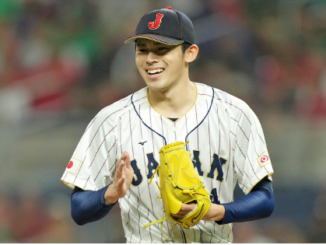
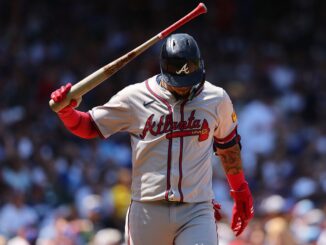
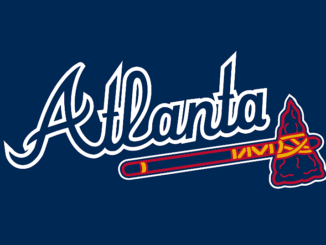
Be the first to comment